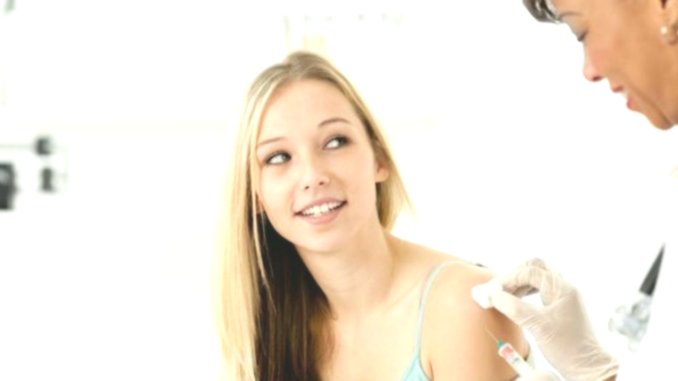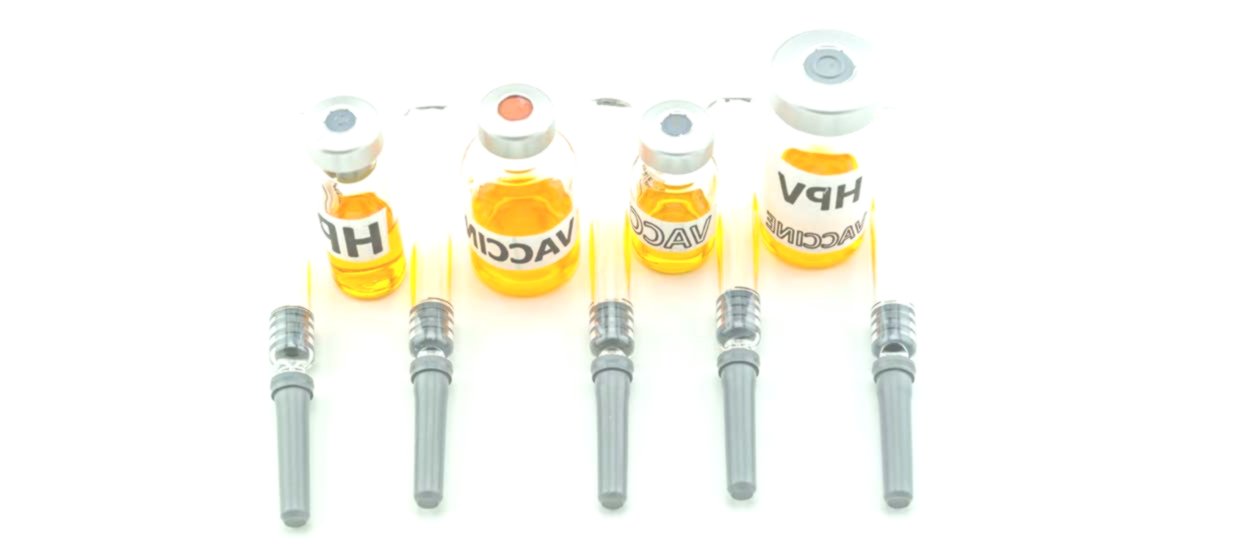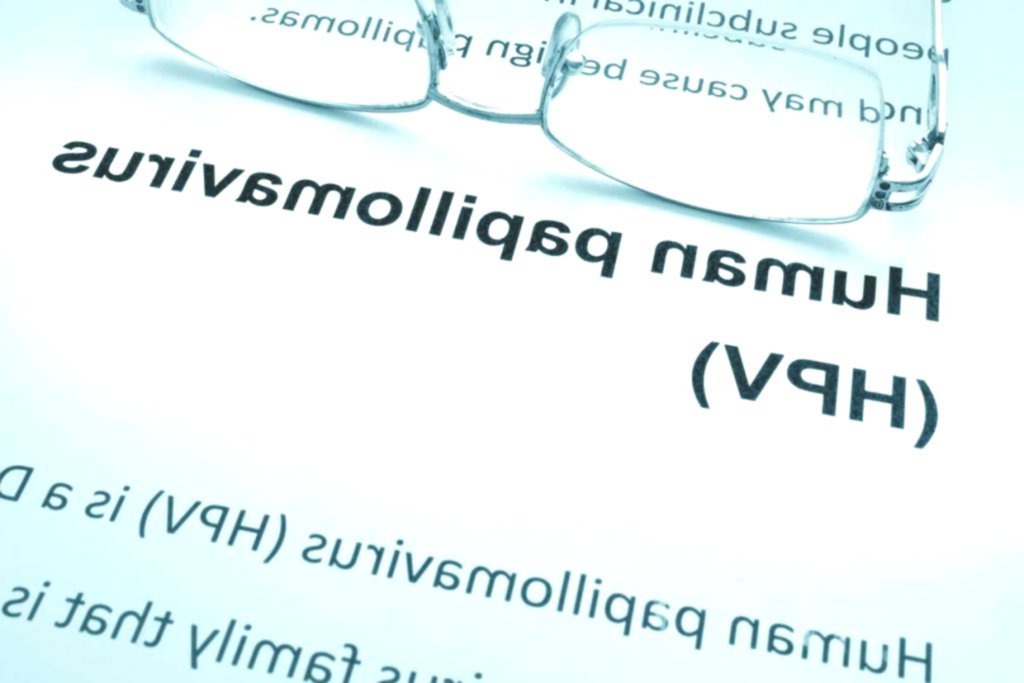

HPV vaccination is considered an important protection against cervical cancer. Since 2014, the first vaccination has been recommended especially for girls between 9 and 14 years. It is designed to protect against infection with the widespread HPV viruses. Some of these viruses are able to change cells in the cervix so that cancer can develop from them. The reason for the very early vaccination advice is that protection is particularly effective if the girls are vaccinated before the first sexual intercourse. Adolescents and women can also get their first HPV vaccination later.
HPV vaccination procedure
In a consultation, the information about the course of the vaccination and the need for a refresher is given. For the vaccination to work properly, three single doses must first be given. It is important to keep the time intervals. The first refreshment follows the first syringe for one to two and a half months. The third dose is given six months after the first vaccination. Depending on the vaccine, it is also possible to shorten the vaccination to two doses. In this case, the second vaccination follows the first one for six months. Girls up to the age of 14 are vaccinated twice. In older age, the dose is divided into three doses. Several vaccines are available for vaccination against HPV. The treating doctor advises on the selection. Vaccination protection lasts for about nine years possibly longer, the evidence is still pending. However, it does not replace the examinations for early detection. The reason is also that the vaccination cannot work against all viruses. A residual risk therefore remains. Vaccination for boys is also possible. Above all, this is to prevent further spread.

HPV vaccination – advantages and disadvantages
In principle, it makes sense to weigh up and against vaccinations. This also applies to HPV vaccination. Pro’s arguments are the significant reduction in the risk of contracting one of the dangerous viruses that can lead to cervical cancer. Opponents of the vaccination explain that the active ingredients have only been in use for a short time, so it is not clear whether this could cause problems in the long term. In this context, there is also criticism that it is not yet possible to predict whether the vaccine will really guarantee protection for the majority of girls and women for 9 years. Costs are also being debated. Health insurance companies cover the costs for girls under 18. Some health insurers will still pay the due invoice or at least part of it later. The cost is around 160 euros per vaccination. Since the sum per syringe applies, the final amount is around 470 euros. However, the actual amount should definitely be asked again in advance. Another argument is that girls can feel encouraged to have sex earlier with vaccination. Here, however, the educational work must start and also convey that there is a risk of pregnancy and infection with venereal diseases in any case.
Risks and side effects of HPV vaccination
HPV vaccination can have side effects and is not without risks. Nevertheless, the vaccine is generally considered to be well tolerated. Common side effects include redness and swelling at the injection site. These are typical reactions that also occur with other vaccinations. Headache, nausea and vomiting, difficulty breathing, dizziness and hives are somewhat less common. Depending on the vaccine, muscle and joint problems can also occur. Doctors also advise that young girls in particular remain in the practice for at least 15 minutes after the vaccination in order to be able to react to possible side effects. Above all, this includes possible fainting spells. Side effects may include swollen lymph nodes, allergic reactions, tingling in the arms and legs, Fatigue and malaise. These reactions can, but do not have to, occur. All possible side effects result from the package insert.
Can the vaccination also help if there is an infection?
If the patient has already been infected with HPV, the vaccination is of no use. It also has no influence on a possible change in the cells. However, there are studies dealing with the so-called therapeutic vaccination, with the help of which tumor growth is to be slowed down. This is to be achieved by enabling the immune system to fight the triggering virus. Such therapeutic vaccines have not yet been fully researched and are therefore not yet available.
HPV vaccination after conization?
A conization is a surgical procedure in which tissue is removed from the cervix. The procedure is used to clarify whether a cell change is cervical cancer. It is carried out if the PAP test was found several times. An HPV vaccination also makes sense after a conization.
Clarification of the assumption of costs
It is at your own discretion whether the health insurance companies will cover the costs. Even if the following list provides an overview, clarification should be done in advance with the health insurance company.
HPV vaccination – who pays?

Conclusion:
The HPV vaccination should be given as early as possible, but it also makes sense for adult women. In the case of adolescents, the health insurance company pays the costs in any case.
Update 2018: Since summer 2018 , the Standing Vaccination Commission (STIKO) has also recommended HPV vaccination for boys between 9 and 14 years of age. Follow-up vaccination is recommended up to the age of 17.